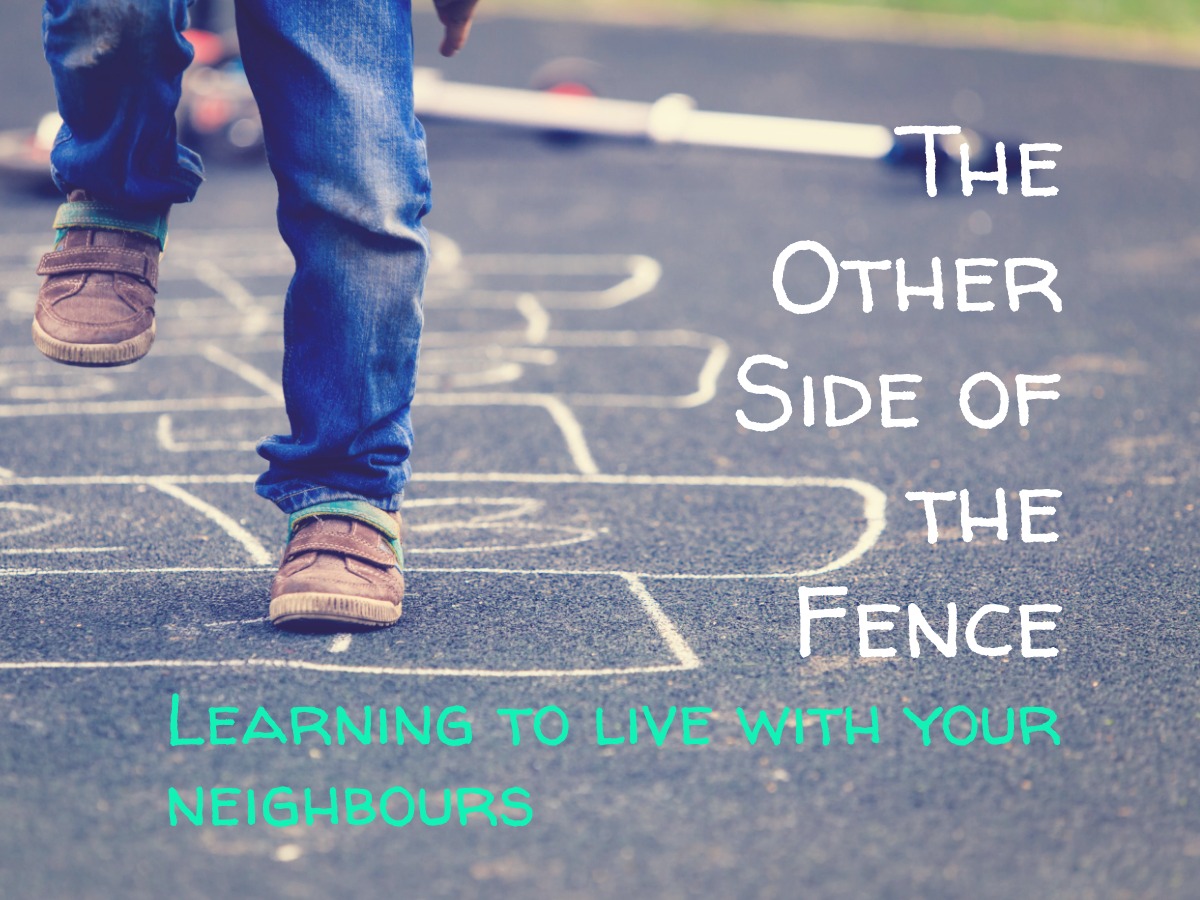The Other Side of the Fence – learning to live with your neighbours
Love thy neighbour is taking on a whole new meaning right now.
We’re spending more time in our hoods than usual as working from home continues for many. Children play more in neighbourhood parks and around apartment building common areas while we wait for after-school activities to resume. In many ways, we’re making better use of our suburbs and blocks, and the parks and businesses near them. But what happens when a lot more people are spending most of their daytime at home and therefore in closer proximity to our neighbours? Pre-C (Pre-Covid), perhaps the most interaction one had with those living near us was bumping into them in the lift lobby or a wave as you left the house or waited for the school bus.
Whether you live in a condo or landed house, it’s not uncommon to not really know the people who live next door, above you, across the road, below you, or a few doors down. We may even be thankful for that, with all those stories of neighbours from hell. If you live in Singapore, you know that people come and go quickly due to the transient nature of work, especially at a time like this. That’s one reason we might not get to know our neighbours. Another could be due to the fact that long term residents and those on a two-year lease may not see the imperative to build a relationship beyond just a wave hello without names ever being exchanged. And while all is quiet in the suburbs of Singapore for the most part, maybe it’s a good time to break down some barriers, do some favours and build a bridge to understanding.
Recently, a family I know was rejoicing the fact that their children had begun to get to know some children that live in their surrounding streets now that many of them are at home after school for longer periods. These children, of all different backgrounds, have enjoyed meeting and sharing adventures, all while wearing their face masks. The parents are pleased that this random group of children have turned recent difficult circumstances into an opportunity to grow their independence. They’ve been having a lot of good, clean fun. That was until one neighbour spoke sternly to the children about the noise they were making when they got together to play, and another spoke sternly to the children about playing badminton in the streets. As you can imagine, there were some upset children and cross neighbours! Not an ideal way to start fostering neighbourly goodwill. But what it did, was bring the parents of the children together for the first time. These parents, like the family I know, were impressed with their children’s growing confidence and didn’t want to dent it by interfering, so supervision had been conducted from a safe distance up until these incidents occurred. Now, the parents had to meet and discuss their children to resolve the complaints of the other neighbours. It could have devolved into blame. Instead, the parents put fault to one side and created some practical conduct guidelines for the children, then appealed to the impacted neighbours to bring future complaints directly to the parents instead of upsetting the children. The unity among the parents made it easier to sidestep conversations about who did what with the other neighbours, and everyone was able to enjoy a productive outcome.
Now I must reveal that this was no cultural divide. Both the aggrieved neighbours and the children are a mix of local and expat families. It would be easy to chalk these misunderstandings up to cultural divides when actually, this was simply a group of adults living (and now working) in close proximity that had not really needed to get to know each other until their children gave them a reason like the world over. And it made me think, we don’t need to get to know our neighbours anymore, but wouldn’t it be nice if we wanted to? In times like these, when home has had to become a workplace, gym space, play place, quiet place and noisy place, understanding how your neighbour is coping could be helpful
